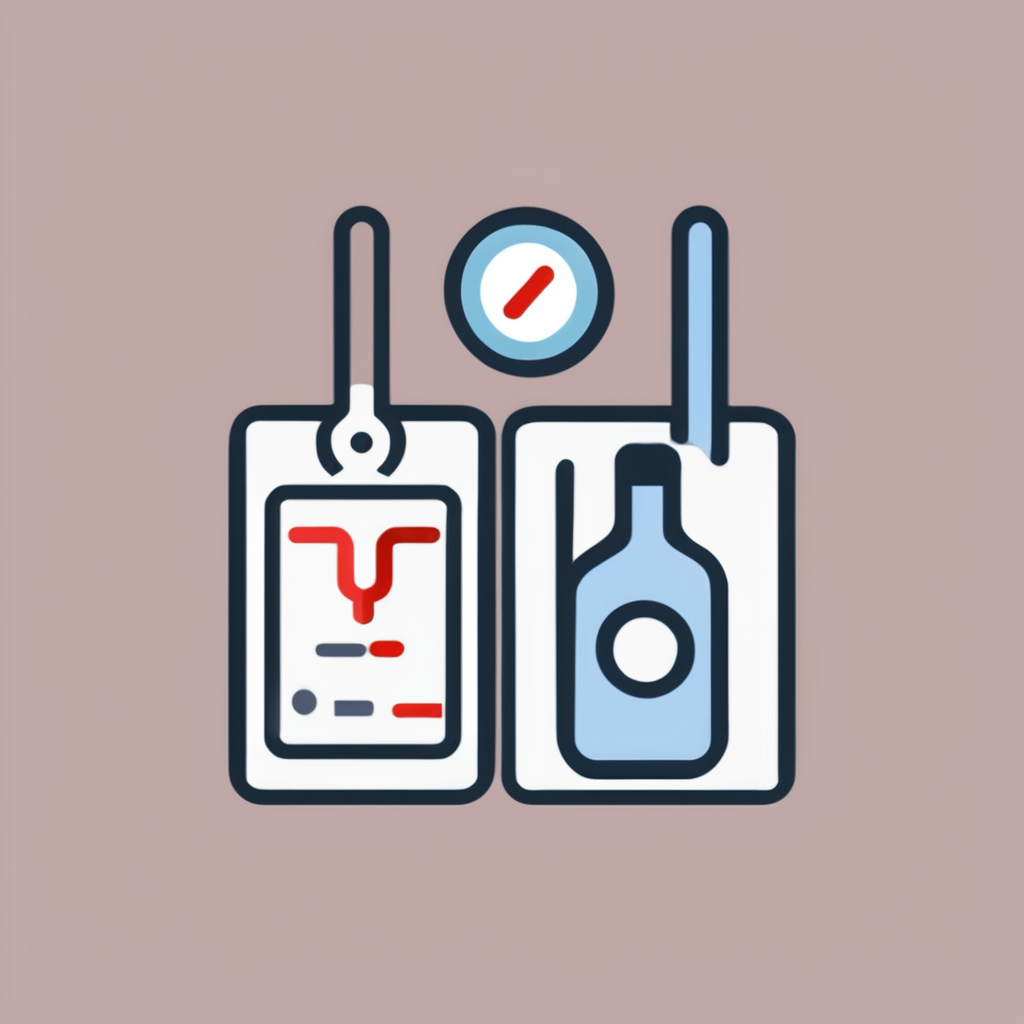Key Challenges in UK Medical Training
Medical trainees in the UK face numerous medical training challenges UK that can significantly impact their professional development and well-being. One of the most pressing issues is the combination of long working hours and a high workload, which often leads to exhaustion. Trainees frequently juggle patient care alongside complex clinical tasks and mandatory administrative duties, increasing pressure and reducing time available for learning.
Apart from the physical demands, there are significant psychological stressors within the healthcare system. Burnout and mental health concerns are prevalent among UK medical trainees, driven by intense work environments, lack of rest, and emotional strain from patient outcomes. This psychological toll is an important component of the broader healthcare stressors faced, often requiring focused support and intervention to maintain trainee resilience.
This might interest you : Revolutionize your well-being with philippe jacquet, psychotherapist
Additionally, navigating the evolving regulatory environment poses a substantial UK medical education obstacle. Trainees must continually adapt to new policies and compliance requirements, which can be confusing and time-consuming. This continual change demands flexibility and increases the administrative burden, compounding the existing workload-related challenges. Understanding these factors is crucial for addressing the systemic barriers in UK medical training.
Personal Experiences and Insights from UK Health Professionals
Exploring UK health professionals experiences reveals the realities of day-to-day clinical work that often remain unseen by the public. Junior doctors commonly describe balancing high workloads with continuous learning, which sharpens their skills but also tests their resilience. One recurring reflection is how initial training sometimes underprepares them for the emotional demands of patient care, emphasizing the need for ongoing support systems.
In the same genre : How Can UK Health Professionals Best Address Public Misinformation?
Nurses, as vital members of the healthcare team, share firsthand accounts highlighting both rewarding moments and systemic pressures. Many emphasize teamwork and communication as crucial to managing complex cases effectively. Their varied routes into nursing, whether through traditional programs or accelerated courses, influence their approaches and adaptability on the ward.
Allied health professionals contribute unique perspectives shaped by their specialized training pathways. These varied educational backgrounds enrich multidisciplinary care but also require careful coordination to ensure seamless patient management. Across these roles, professionals agree that exposure to diverse clinical environments enhances confidence and competence, making training reflections critical to personal and service improvement.
Together, these insights illustrate the layered experience of UK healthcare workers, showing how training reflections and individual backgrounds shape practice and professional growth.
Coping Mechanisms and Support Systems in Practice
Insights into managing stress and fostering wellbeing in medical training
Medical professionals in the UK often rely on coping strategies tailored to the intense demands of their roles. Among these, peer networks and mentorship play a crucial role. Engaging with colleagues facing similar challenges allows for shared understanding and emotional support, which can mitigate feelings of isolation. Formal support programmes, increasingly integrated within NHS trusts, provide structured avenues for assistance, offering counselling and resilience training tailored specifically to healthcare environments.
Techniques for managing stress typically emphasize maintaining a work-life balance vital for sustained wellbeing in medical training. Practices such as mindfulness, time management, and setting clear boundaries between professional and personal time help reduce burnout risk. Medical professionals are encouraged to adopt these strategies early in their careers to build resilience. The NHS also offers access to psychological support services, ensuring that staff have resources to handle intense workloads and emotional pressures constructively.
Professional bodies, like the General Medical Council (GMC) and various Royal Colleges, contribute by endorsing wellbeing initiatives and disseminating guidelines on mental health. These organisations advocate for institutional policies that recognize the importance of psychological health, ensuring that medical professionals have access to adequate support resources NHS-wide. By promoting a culture that values wellbeing, these bodies help embed coping strategies medical professionals UK-wide can benefit from, strengthening the overall healthcare system.
Navigating Policy and Regulatory Changes
Adapting to ongoing shifts in UK healthcare regulations presents a significant challenge for medical training programs. Recent policy changes have introduced new standards aiming to improve patient safety and quality of care, which directly affect how medical professionals are trained. Consequently, training institutions must revise curricula and assessment methods to align with updated regulatory requirements without compromising educational outcomes.
A core challenge in regulatory compliance is balancing stringent rules with the practical realities of clinical environments. For example, changes in duty hour restrictions and mandatory supervision levels require program directors to redesign schedules and supervision models, ensuring trainee welfare while maintaining service delivery. Failure to comply risks institutional penalties and potentially impacts trainee certification.
Expert commentary highlights the importance of proactive engagement with regulatory bodies. Thought leaders recommend establishing continuous feedback loops between trainees, educators, and regulators. This collaborative approach fosters adaptability and helps anticipate future policy directions, allowing programs to stay ahead of changes rather than merely reacting.
Effective navigation of policy shifts relies on integrating regulatory knowledge into daily training operations and emphasizing adaptability among trainees themselves. Medical professionals must cultivate resilience and flexibility to thrive amid evolving healthcare landscapes shaped by medical training policy innovations and regulatory demands in the UK.
Practical Advice and Actionable Strategies for Overcoming Challenges
When overcoming medical training challenges, effective time-management is essential. UK doctors often juggle rigorous schedules filled with clinical duties, study, and personal commitments. Prioritizing tasks using techniques like the Eisenhower Matrix can help differentiate urgent patient care from less critical activities, enabling better focus and reducing stress. Additionally, scheduling short, regular breaks during shifts supports sustained productivity and mental clarity.
Seeking help proactively is another crucial strategy. Many UK doctors hesitate to access support due to stigma or workload concerns. However, recognizing when to reach out—whether for mental health services, mentoring, or peer support networks—fosters resilience in healthcare. Utilizing available resources ensures that doctors do not face challenges in isolation, which can improve both wellbeing and career satisfaction.
Building resilience involves not only coping with immediate pressures but also nurturing long-term professional fulfillment. Activities such as reflective practice, mindfulness, and maintaining a healthy work-life balance contribute significantly. By embedding these strategies into daily routines, doctors enhance their capacity to face challenges head-on and sustain motivation throughout their training and careers.

